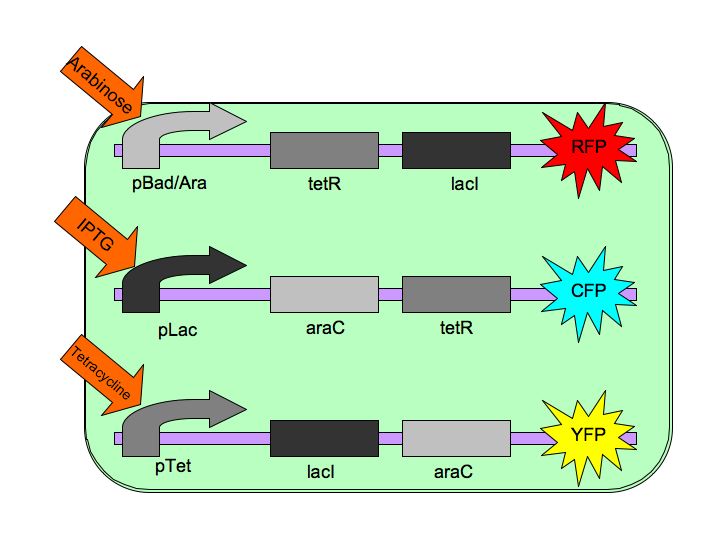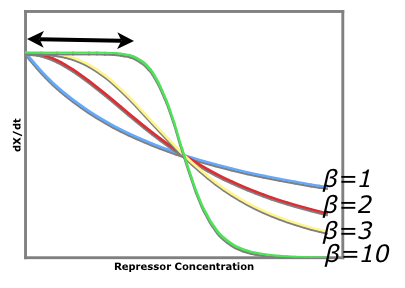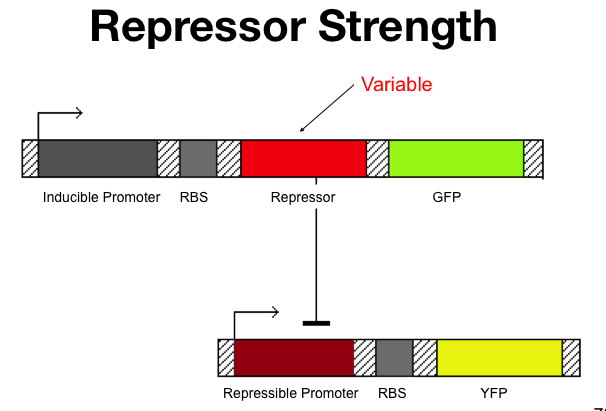Lead
From 2007.igem.org
(Difference between revisions)
| Line 82: | Line 82: | ||
</td> | </td> | ||
<td width=99> | <td width=99> | ||
| - | <a href="lead"><image src="https://static.igem.org/mediawiki/2007/2/2a/ | + | <a href="lead"><image src="https://static.igem.org/mediawiki/2007/2/2a/Lead_pressed.gif" alt="Lead Sensor" border=0></a> |
</td> | </td> | ||
<td width=99> | <td width=99> | ||
| - | <a href="tristable"><image src="https://static.igem.org/mediawiki/2007/7/79/ | + | <a href="tristable"><image src="https://static.igem.org/mediawiki/2007/7/79/Tri_reg.gif" alt="Tristable Switch" border=0></a> |
</td> | </td> | ||
<td width=99> | <td width=99> | ||
Revision as of 21:57, 26 October 2007

|
|||||||||||||||||


